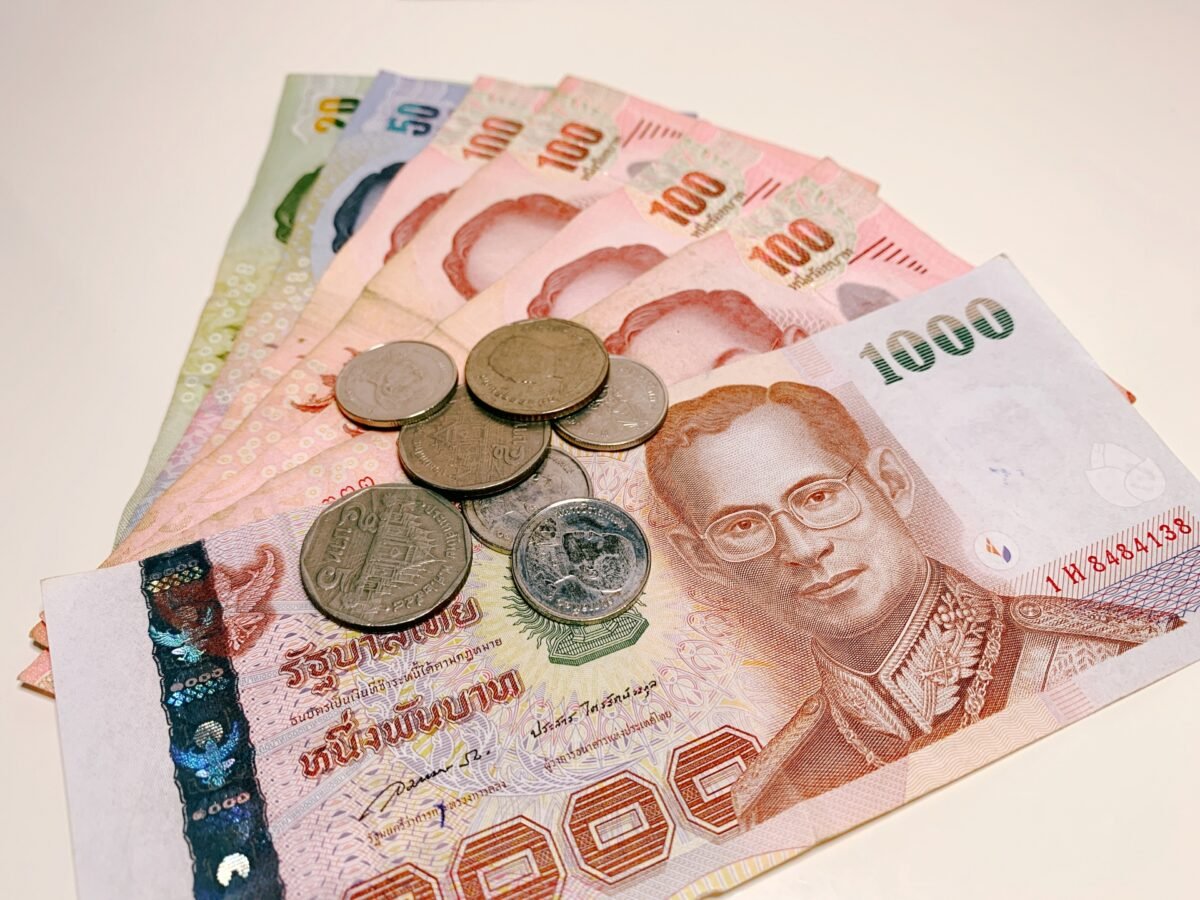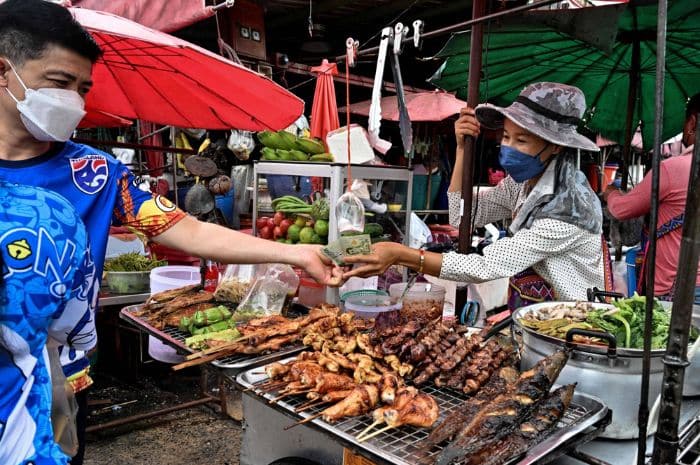Monitoring Currency Fluctuations
Ensuring Baht Stability
Thailand’s central bank is prepared to intervene if the baht’s movements become excessive and disconnected from economic fundamentals, according to Deputy Governor Piti Disyatat. Speaking late Thursday, he emphasized the Bank of Thailand’s (BoT) vigilance in tracking the currency’s 5% surge in 2025. The bank aims to curb volatility driven by speculative sentiment or portfolio shifts, ensuring stability for Thailand’s export-driven economy.
Responding to Business Concerns
Balancing Exports and Tourism
The baht’s recent rally has sparked calls from Thai businesses and ministers to weaken the currency to support exports and tourism, key pillars of national growth. Despite a slight 0.3% dip to 32.57 per dollar on Friday, the baht’s strength has raised concerns about competitiveness. Piti noted that the currency’s gains align with regional peers, suggesting its appreciation has not significantly harmed Thailand’s trade position.
Flexible Exchange Rate Policy
No Specific Baht Target
The BoT maintains a flexible exchange rate regime, allowing the baht to absorb economic shocks without targeting a specific level. Piti clarified that the bank intervenes only when necessary, using tools like foreign-exchange operations to manage excessive volatility. This approach ensures the currency remains aligned with macroeconomic conditions, avoiding disruptions to Thailand’s trade and investment flows.
Addressing U.S. Trade Talks
Tariff Negotiations Underway
Amid trade negotiations with the U.S. to reduce a 36% tariff on Thai goods, the BoT’s exchange rate policy adheres to International Monetary Fund guidelines. Piti dismissed concerns that currency management could complicate talks, noting that the baht’s trade-weighted value remains stable. The bank’s transparent approach aims to maintain trust with international partners while supporting Thailand’s export sector.
Record Foreign Reserves Explained
Valuation Adjustments Clarified
Thailand’s foreign reserves hit a record $259.9 billion in June 2025, driven by valuation adjustments in asset holdings rather than aggressive dollar accumulation, Piti explained. This clarification counters speculation about heavy intervention to influence the baht’s value. The reserves bolster Thailand’s ability to manage currency fluctuations, providing a buffer against external economic pressures.
Gold Prices and Baht Dynamics
Non-Fundamental Influences Noted
The baht’s correlation with gold prices has amplified its movements, though Piti noted this is not a fundamental driver. The BoT continues to monitor such factors to ensure they do not destabilize the currency. By maintaining a balanced approach, the central bank aims to safeguard Thailand’s economic stability while addressing the concerns of businesses reliant on a competitive exchange rate.









